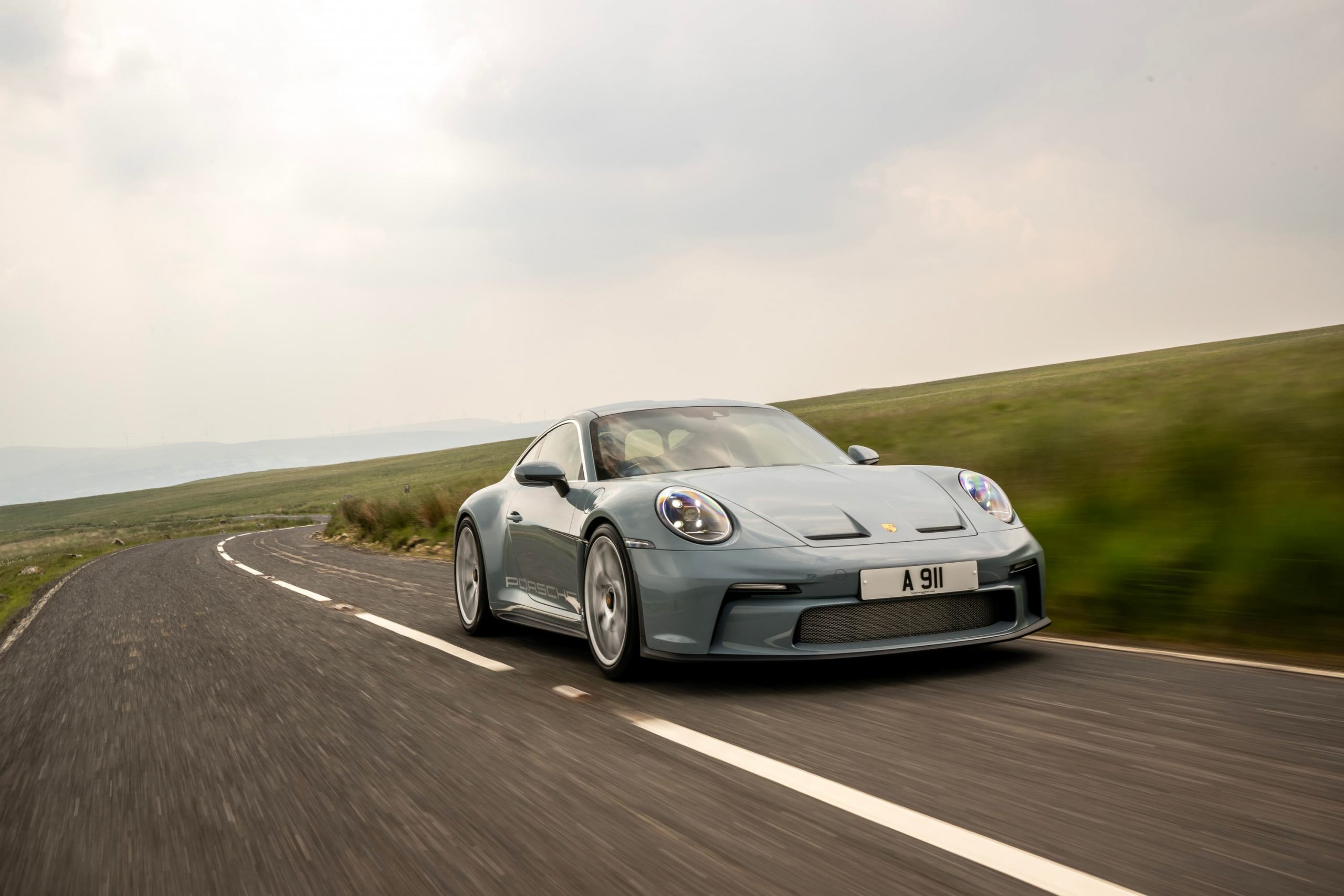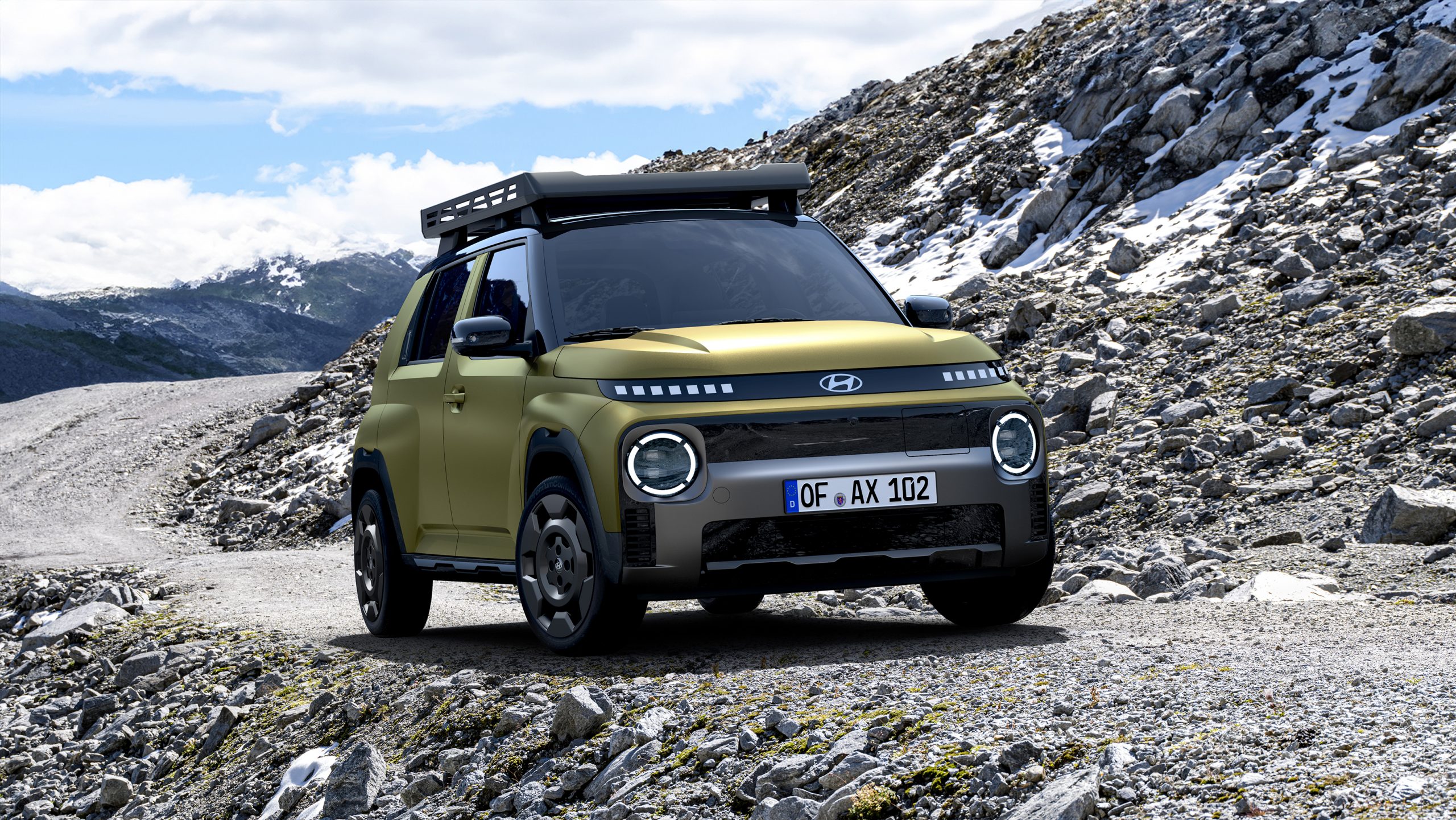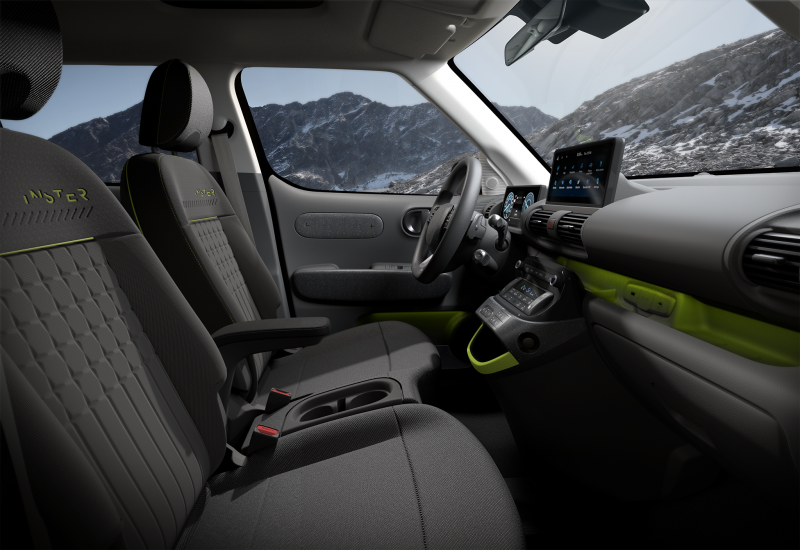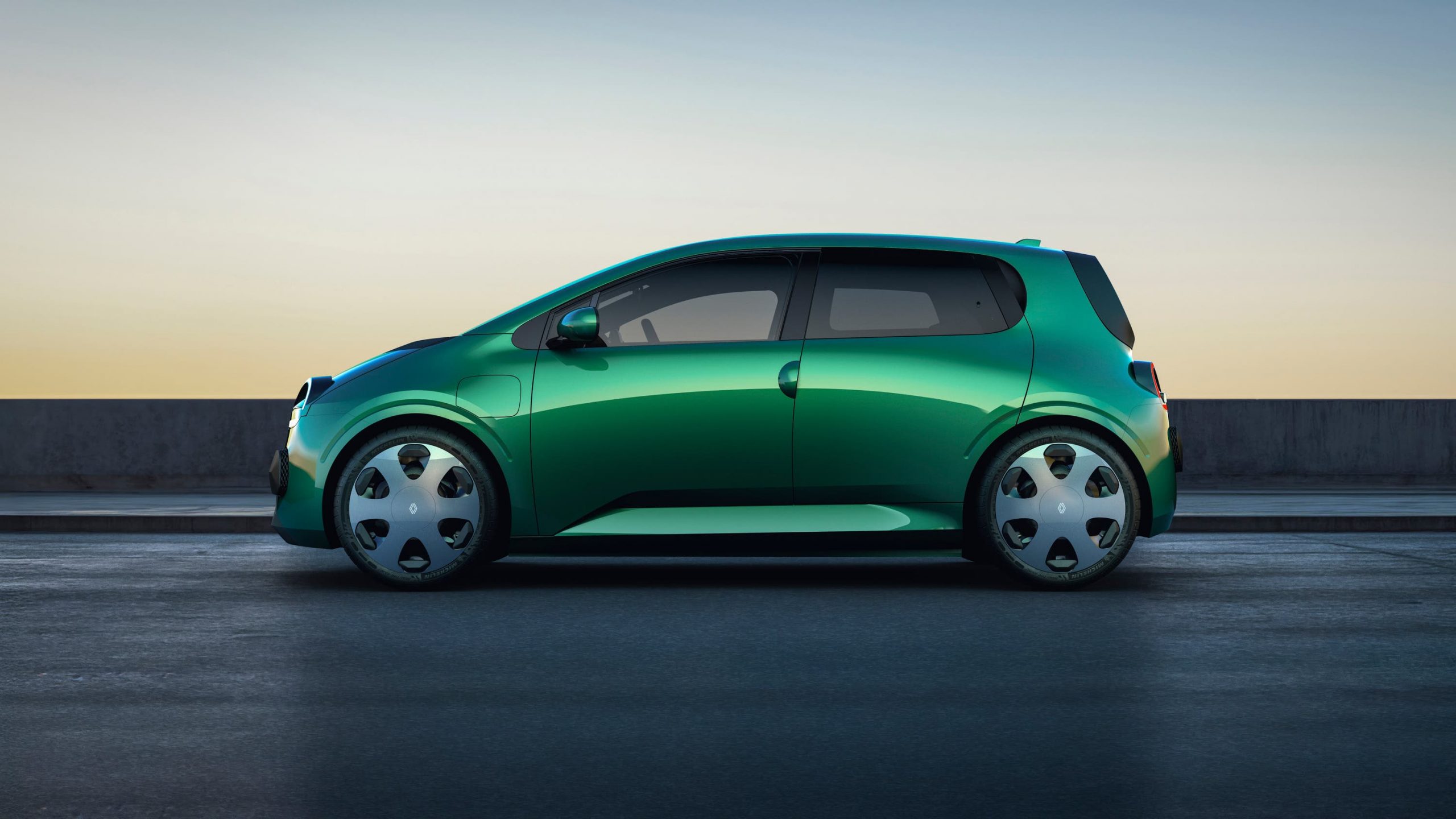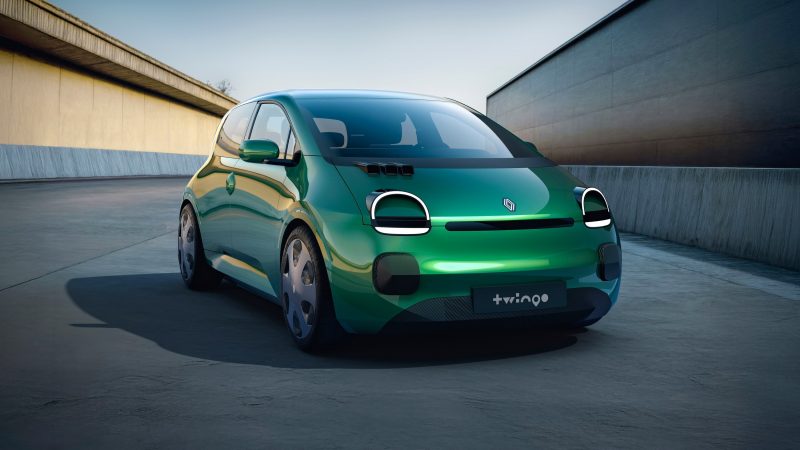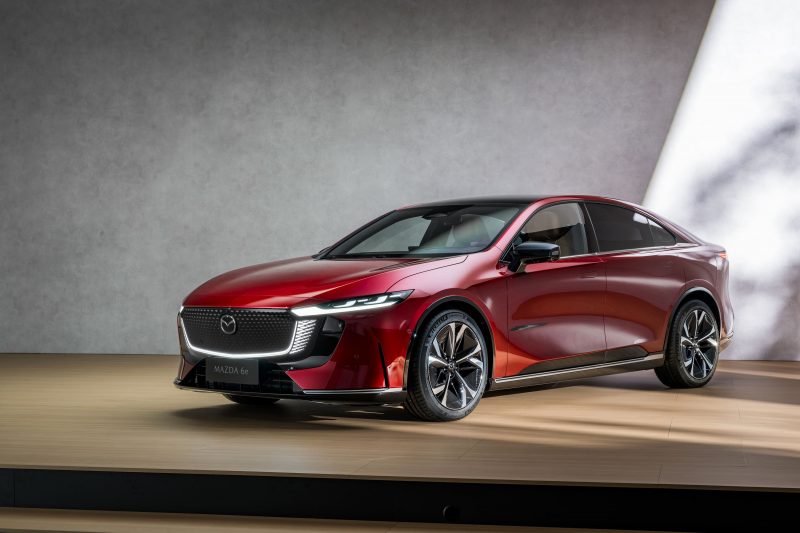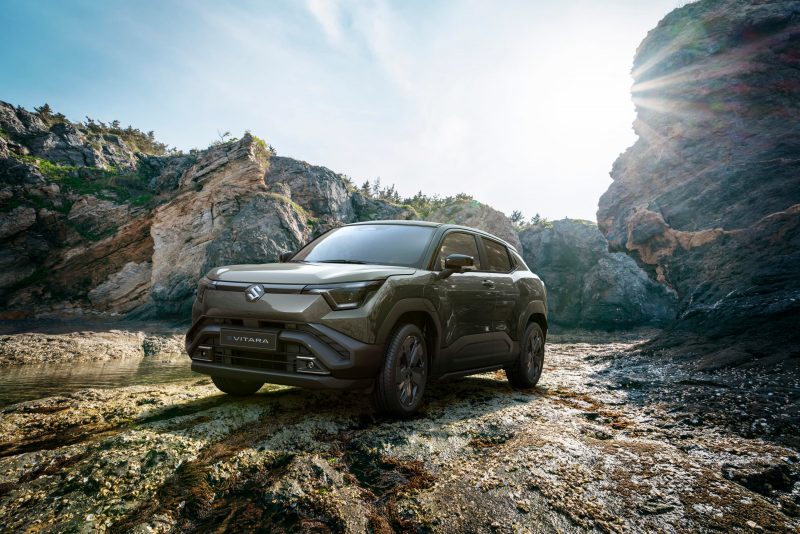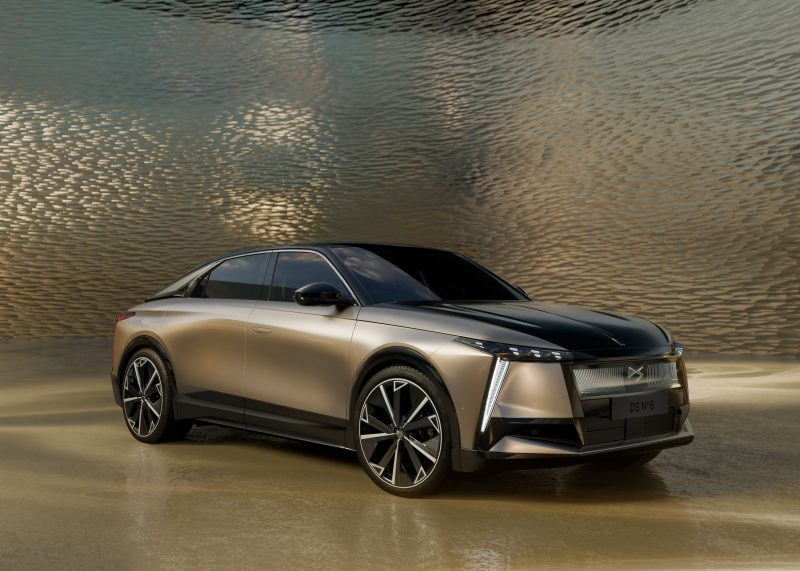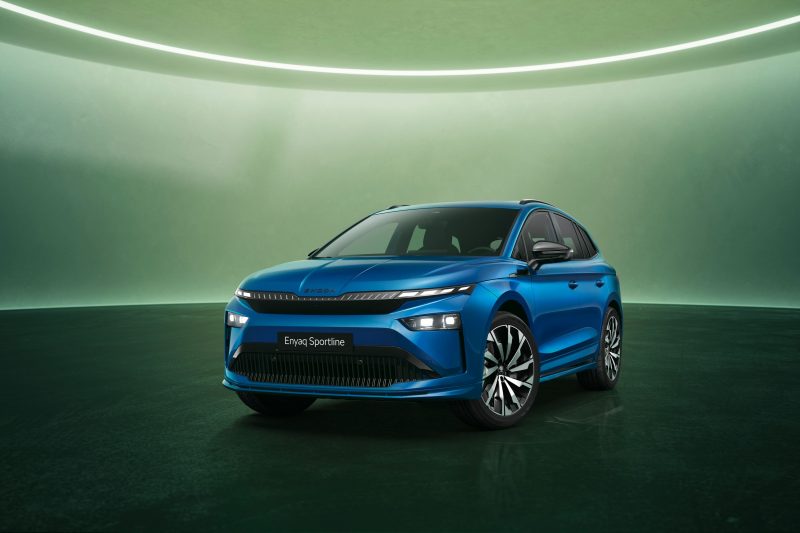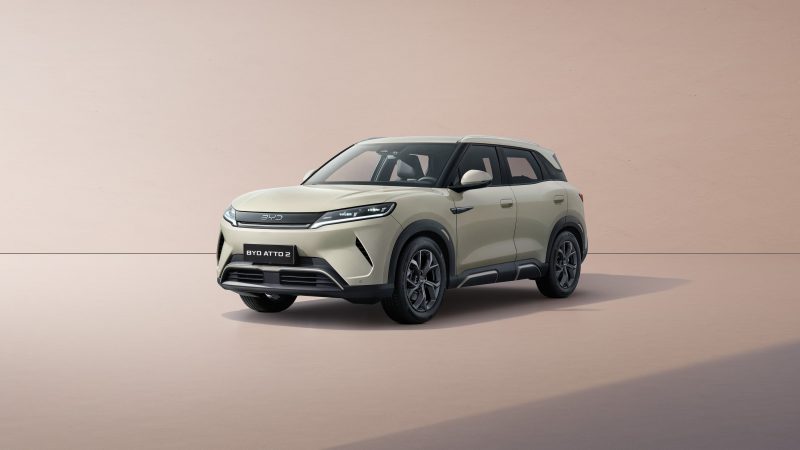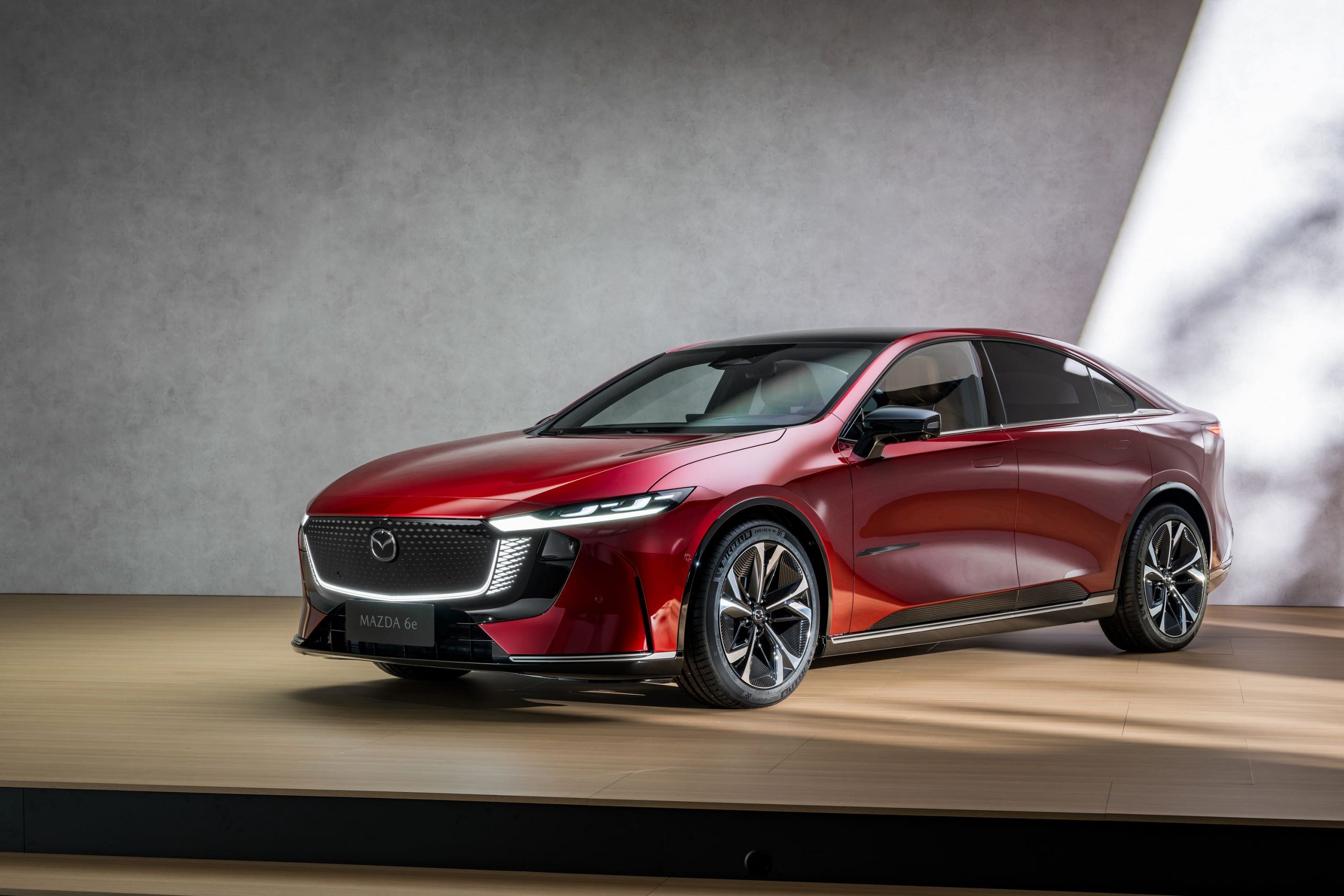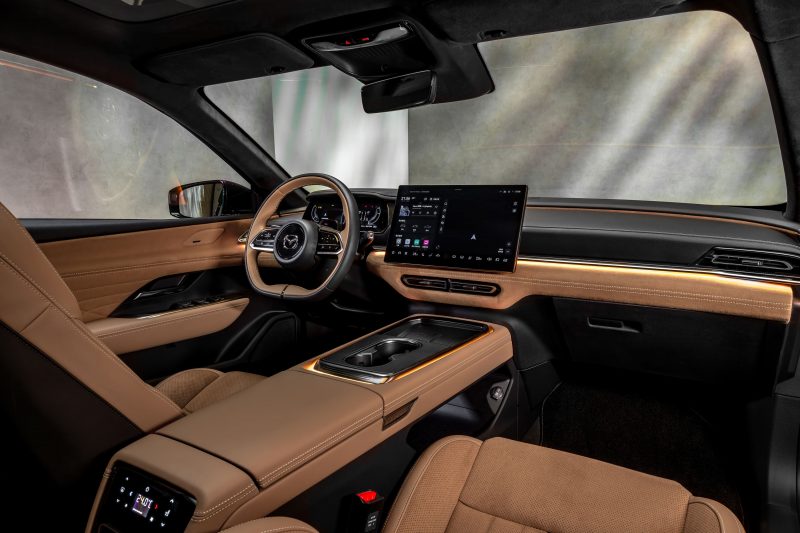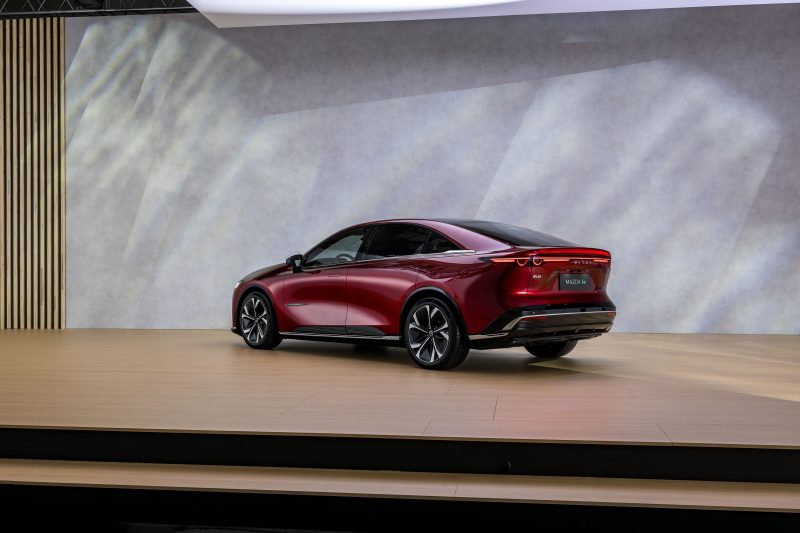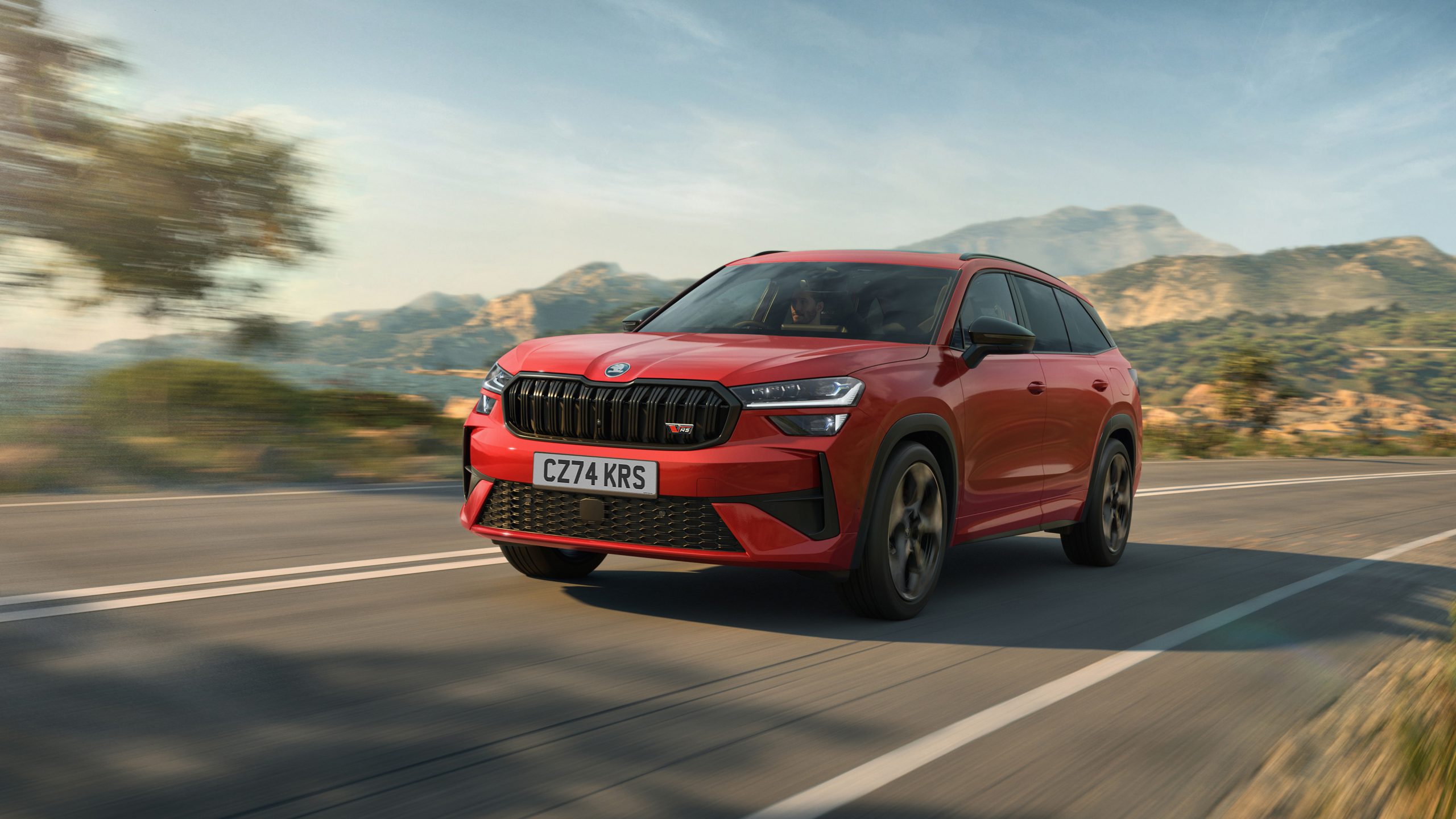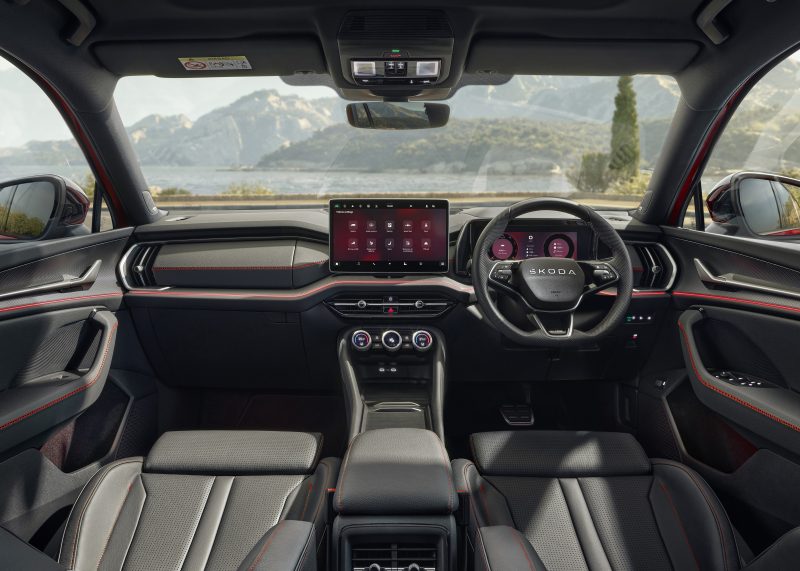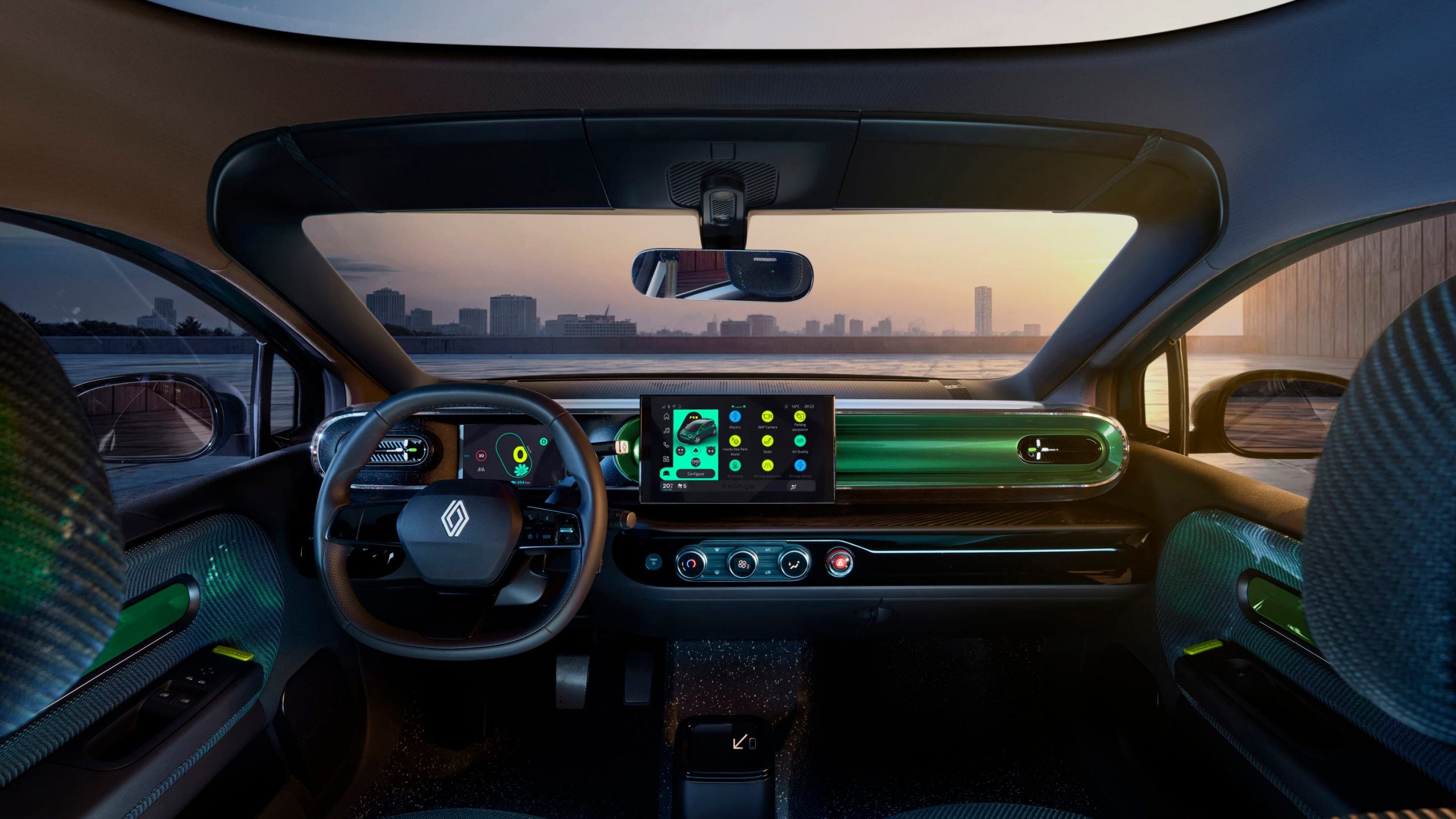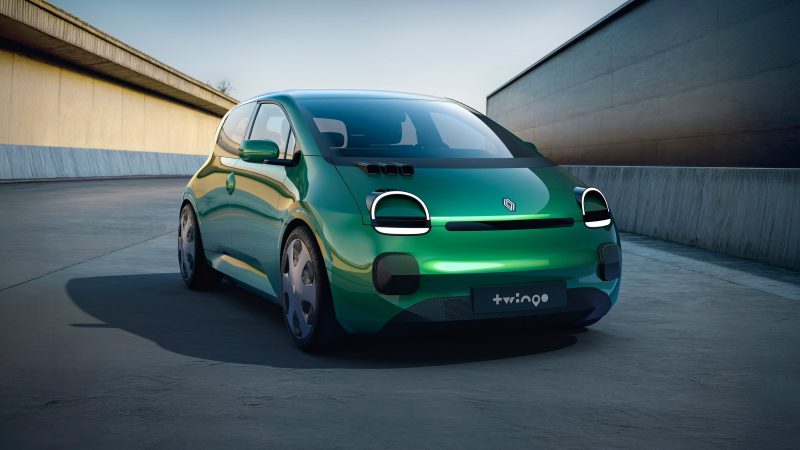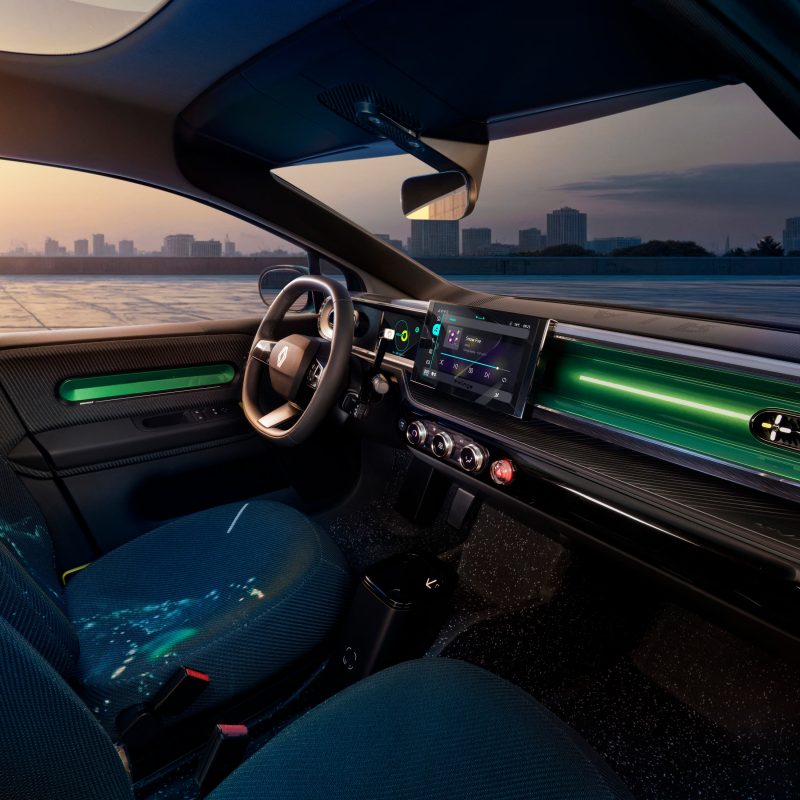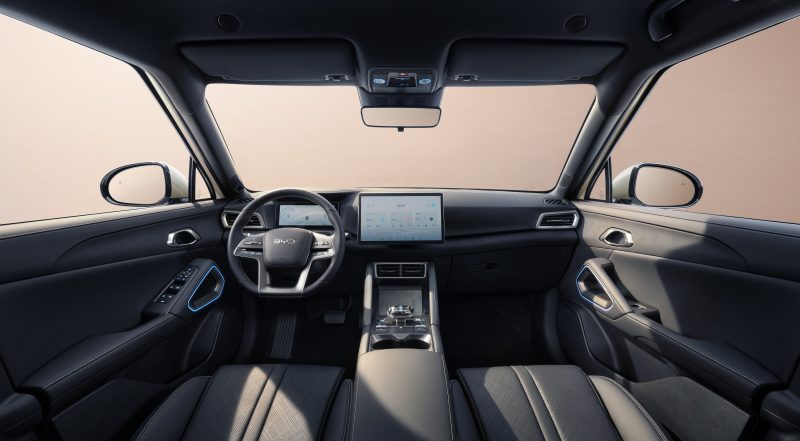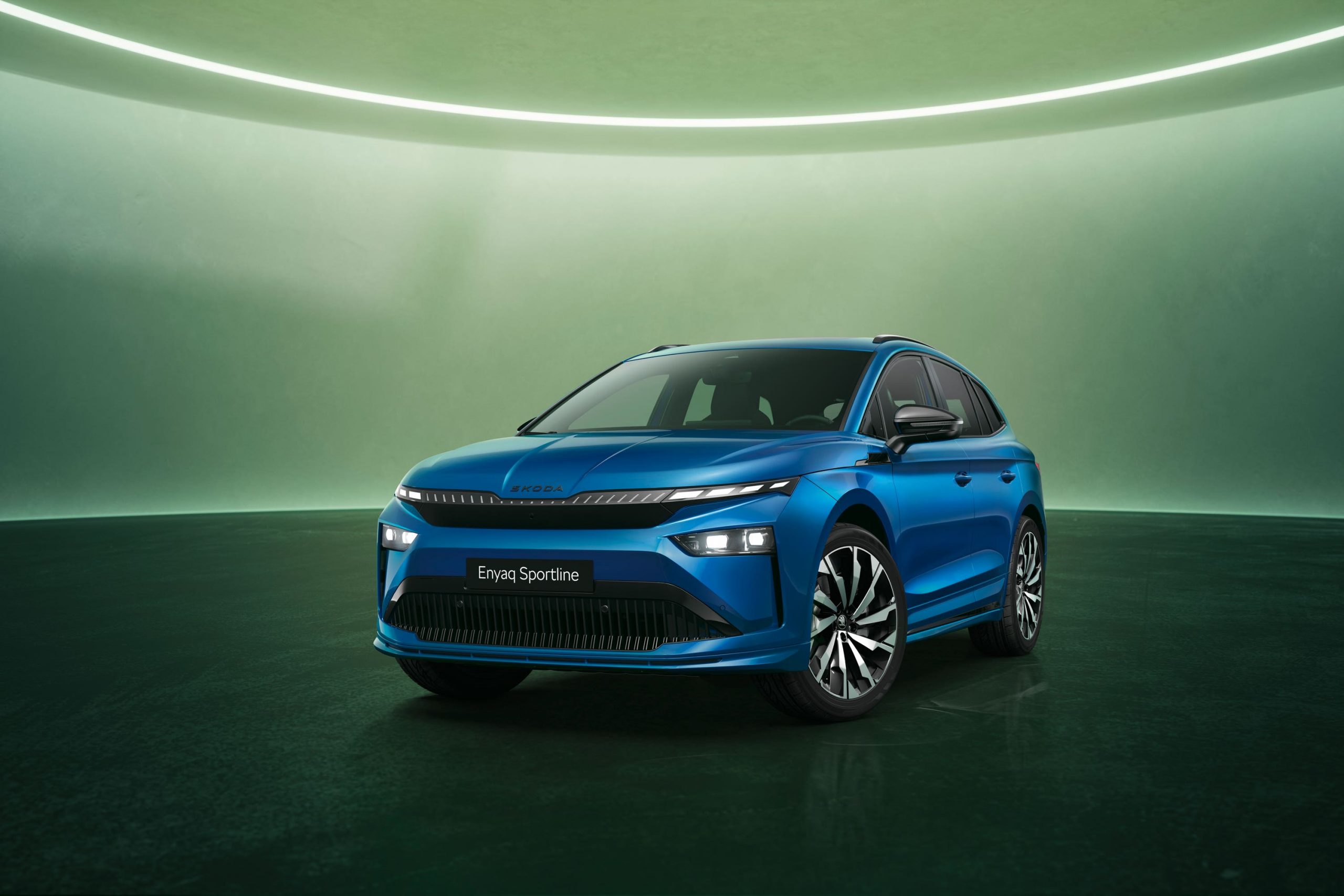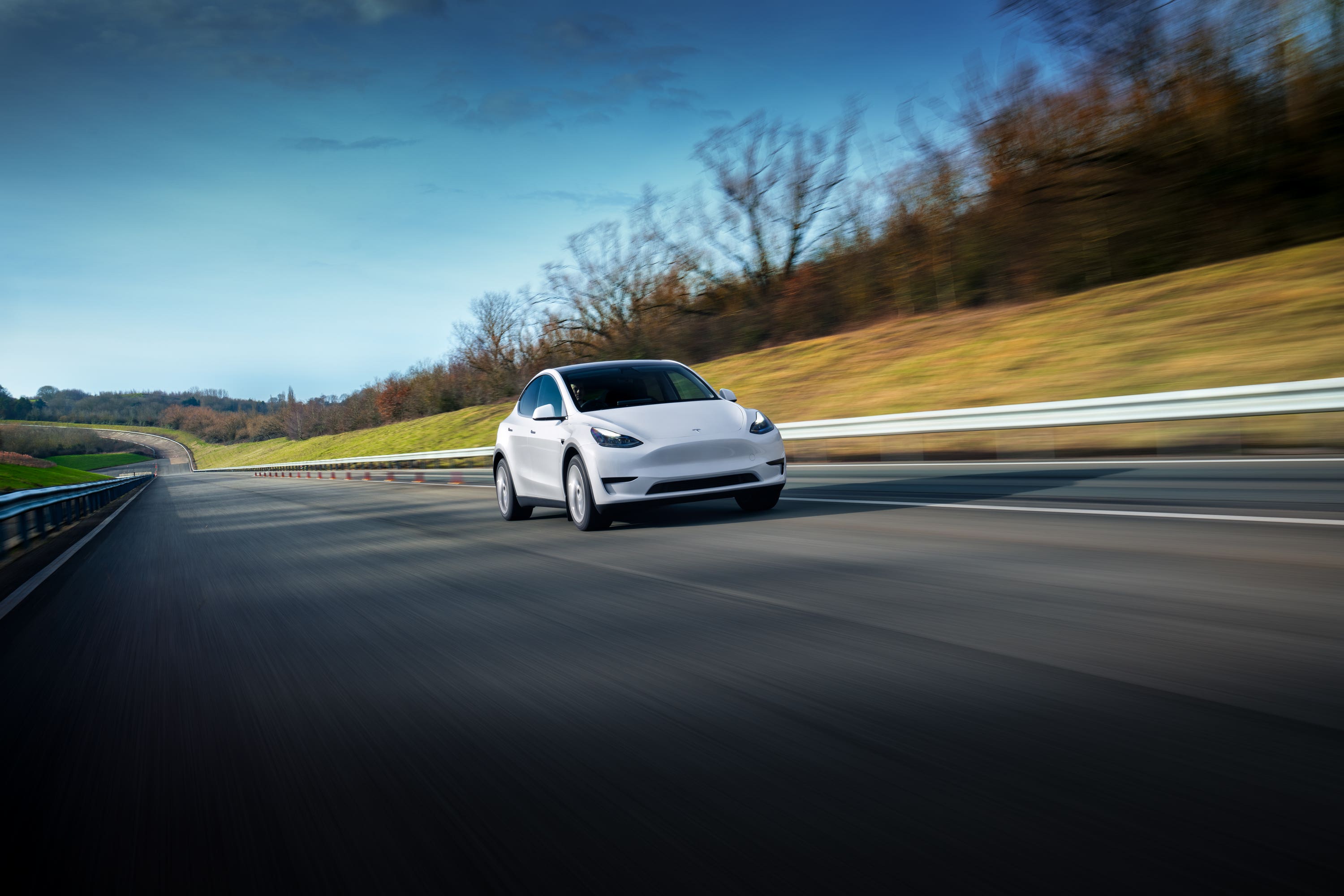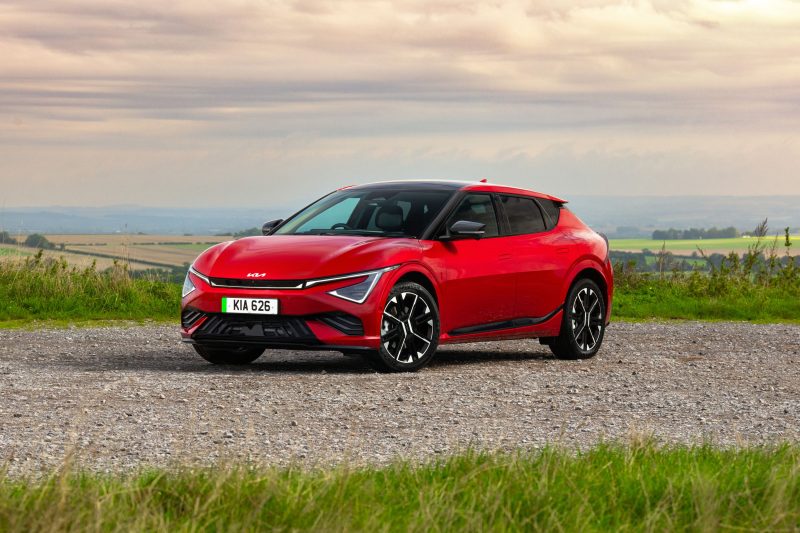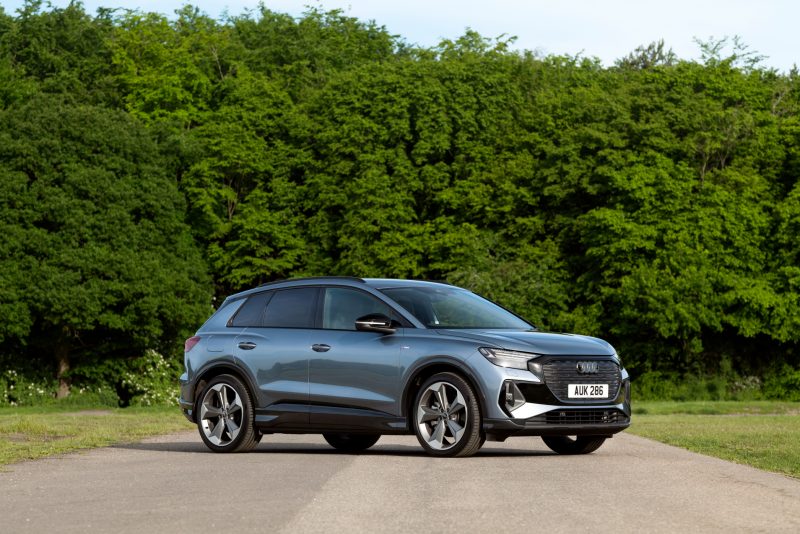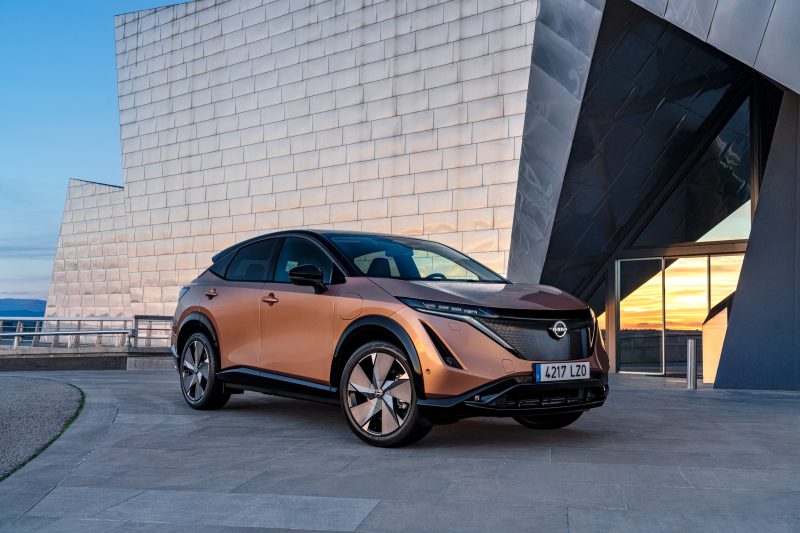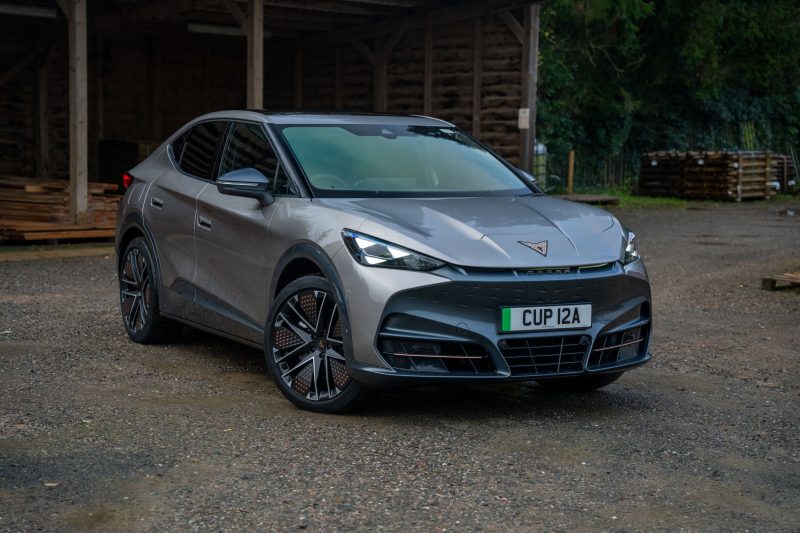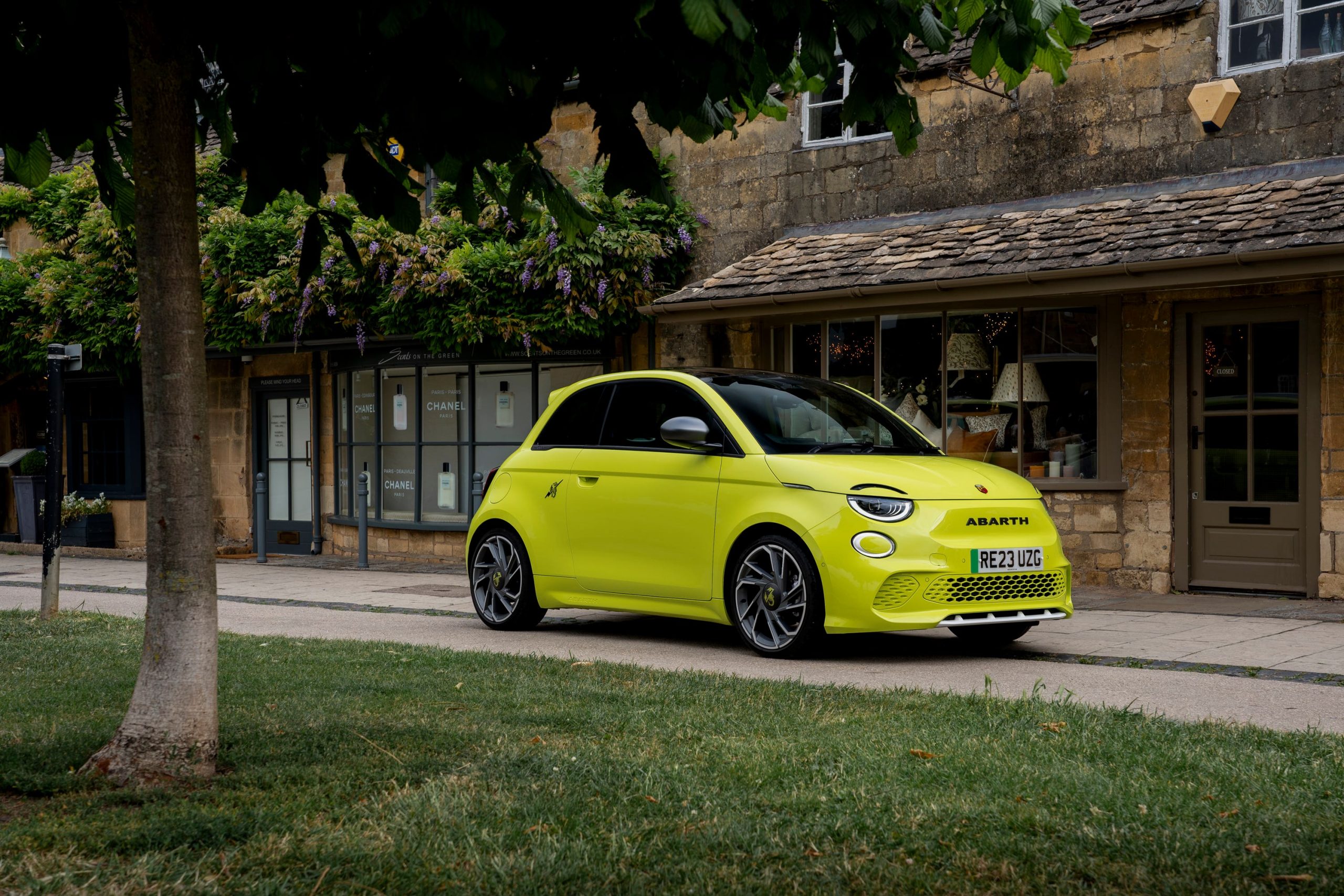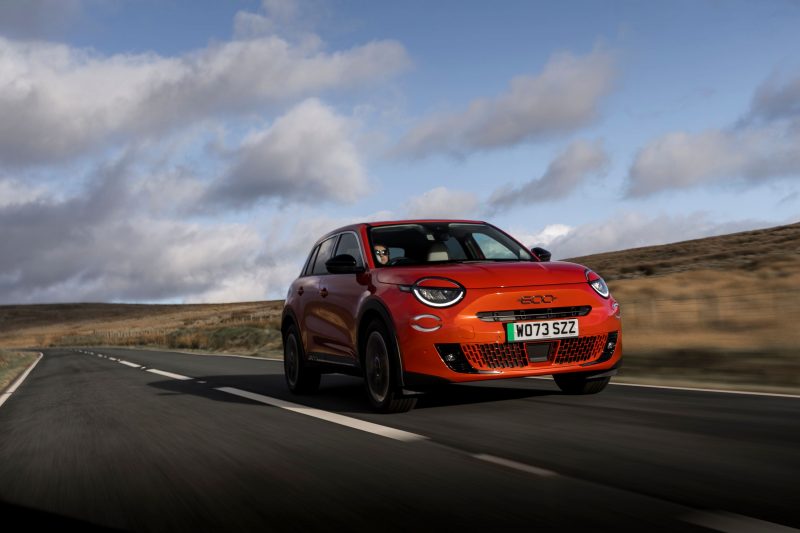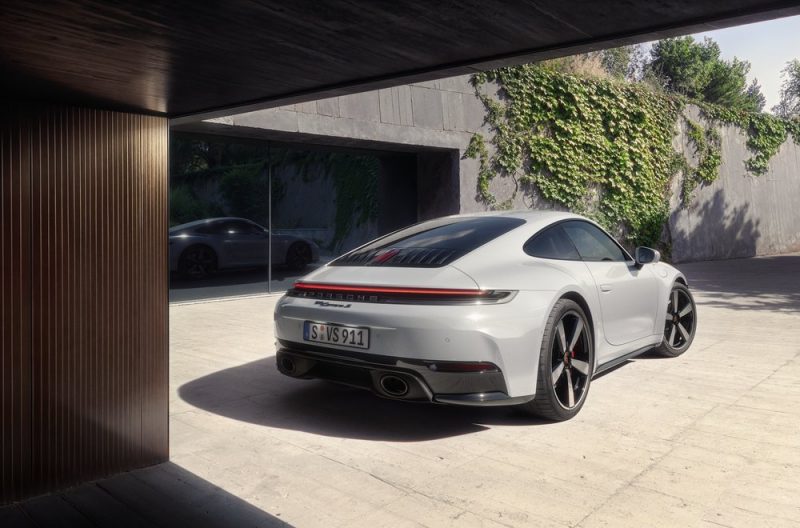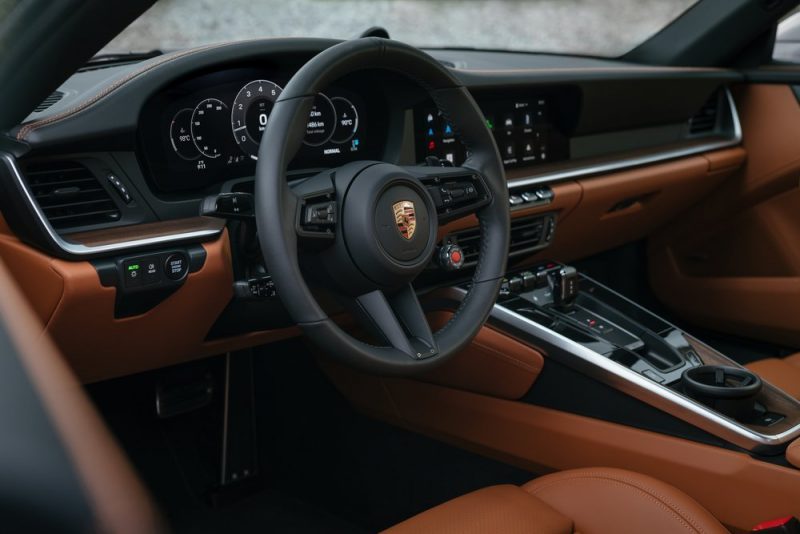As automatics become the norm for most drivers, the manual gearbox is somewhat of an endangered species with only a few cars offering three pedals.
The world of motoring is changing. Whether it’s how they are fuelled or constructed, modern cars have never been so well thought out with their tech-filled interior and powertrains.
However, a race to lower emissions means EVs and hybrids are starting to dominate the new car market with their automatic transmissions, meaning that old-school three-pedal manual gearboxes are fading out fast.
So, are any new cars on sale today available with three pedals? Well, yes there are, but they are few and far between and we’ve picked out the best cars on sale today that still come with the choice of a manual gearbox.
Honda Civic Type R
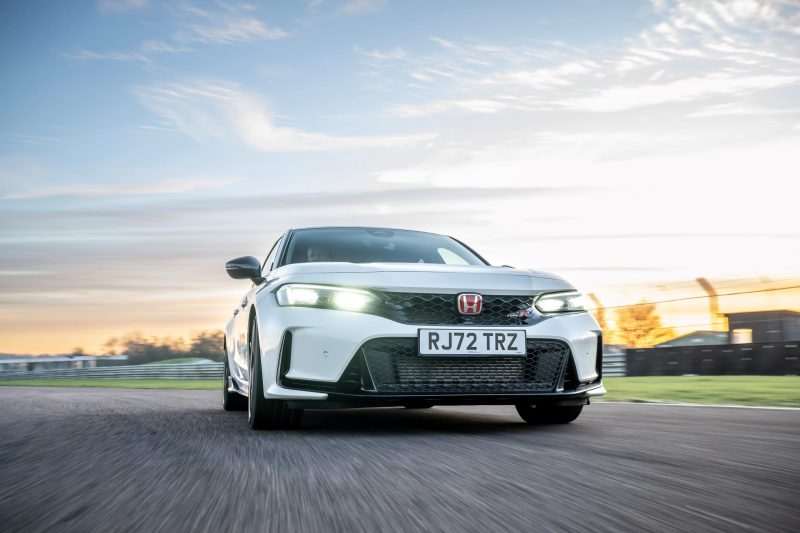
Honda’s Civic Type R is one of the best and fastest hot hatchbacks around and ever since the latest model was released back in 2022, this latest FL5 version is one of the best examples yet.
The Civic’s design won’t be to everyone’s taste, but its big rear spoiler, large alloy wheels and flared wheel arches make this a mean-looking machine. Inside, you have red body-hugging bucket seats and a sports steering wheel.
However, its slick, short six-speed manual gearbox is what makes this a true driver’s car. It’s a smooth, rewarding gearbox to use – hence why the Civic Type R is one of the top driver-focused hot hatchbacks on the market.
Toyota GR Yaris
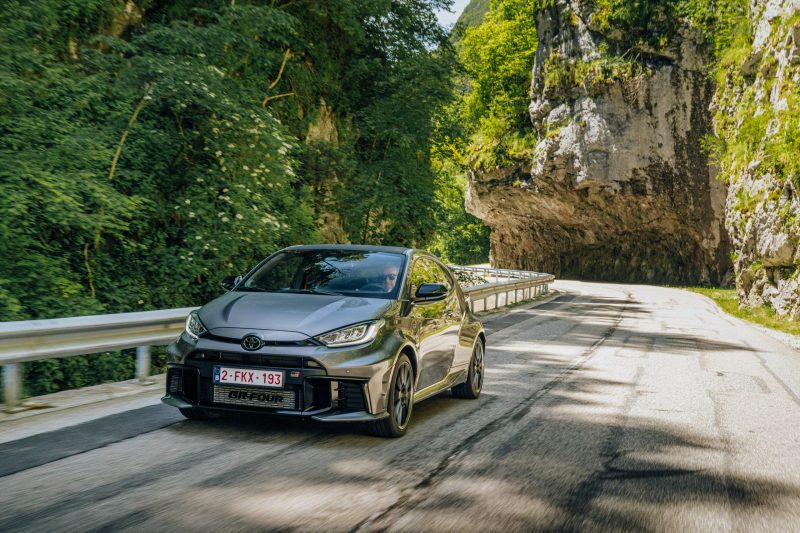
The GR Yaris will go down in history as one of the all-time great hot hatches and ever since it was launched back in 2020, it has captured the world’s driving enthusiasts as one of the best hot hatchbacks to come out in years – making it a very worthy contender to the aforementioned Civic Type R.
In 2024, Toyota gave the car a whole host of updates to make this pint-sized pocket rocket even better, but one of the best parts of the raw driving experience is the short-throw six-speed manual gearbox. It’s so nice to use that you end up changing gear for the sheer pleasure of doing it. Already regarded as a future classic, the GR Yaris is one of those cars that needs to be driven to be appreciated for what has gone into the engineering side to make this one of the ultimate hot hatchbacks of the 21st century.
Porsche 911 S/T
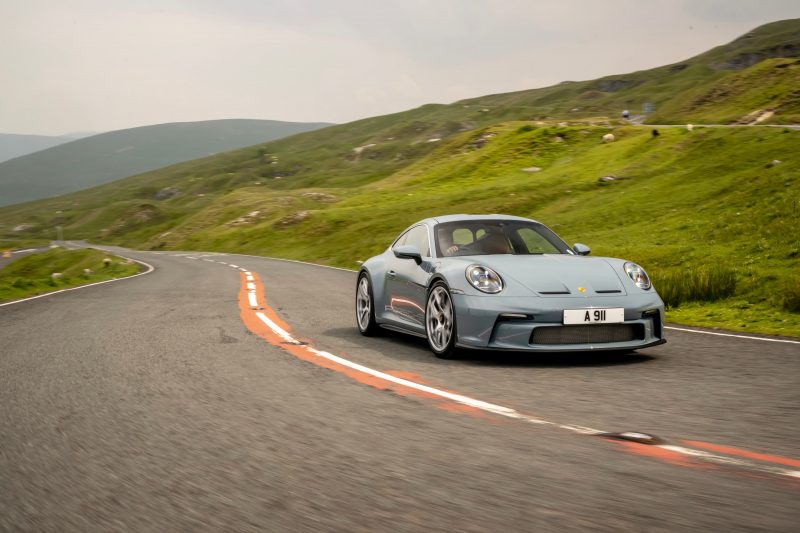
Talking about driver’s cars, one of the best to come out of 2024 and possibly one of the finest cars on this list is Porsche’s 911 S/T.
The S/T is essentially a GT3 RS in a more understated guise, with no big rear spoiler, exterior decals or front extensions. Its manual gearbox makes this a rather special car, compared to other models in the 911 range with their PDK automatic boxes. Its 4.0-litre flat-six engine revs to 8,500rpm and sounds like nothing else. The S/T is by far and away one of the most sought-after and investment-worthy cars on sale today, too.
Cupra Leon
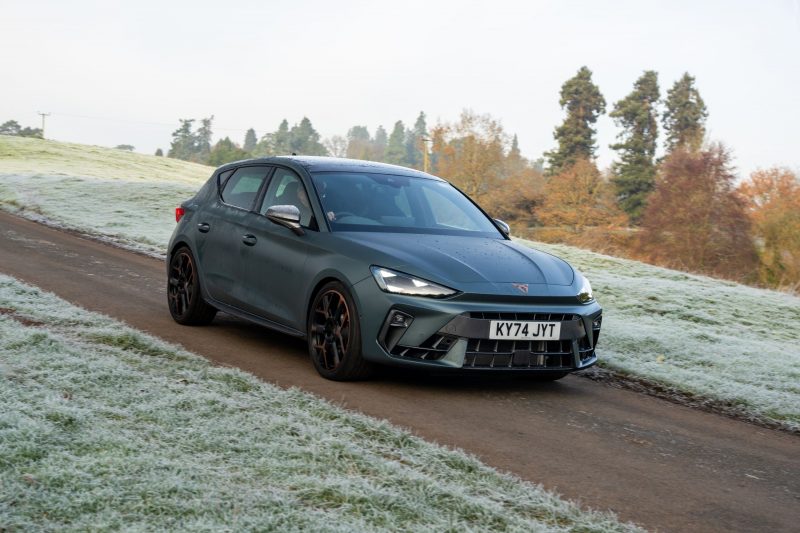
The sporty sub-brand of Seat, Cupra, features a wide variety of different models that focuses on performance, and one of its best-known cars is the Leon hatchback.
Available with plug-in hybrid power or petrol, the lower-powered models come equipped with a six-speed manual gearbox which involves the driver a little bit more with this high-performance hot hatchback.
The Cupra Leon is well built, looks good and features lots of standard equipment to make it a very good all-rounder and ideal for those looking at something for an alternative to a Volkswagen Golf R or Audi S3.
Mazda3
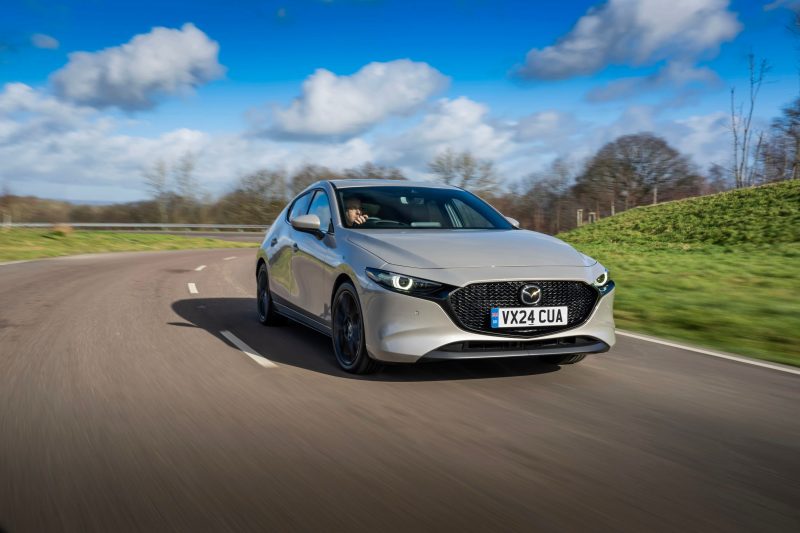
The Mazda3 is a sensible, efficient and practical small family hatchback that offers a great driving experience with a host of different trim levels and engine options. In addition, the 3 comes as standard with a six-speed manual gearbox that is a joy to use; every gear change feels mechanical and well-engineered.
This makes the car even better to drive and with Mazda’s excellent reputation for reliability and quality, you certainly can’t go wrong with this very likeable small family hatchback.
By Cameron Richards

